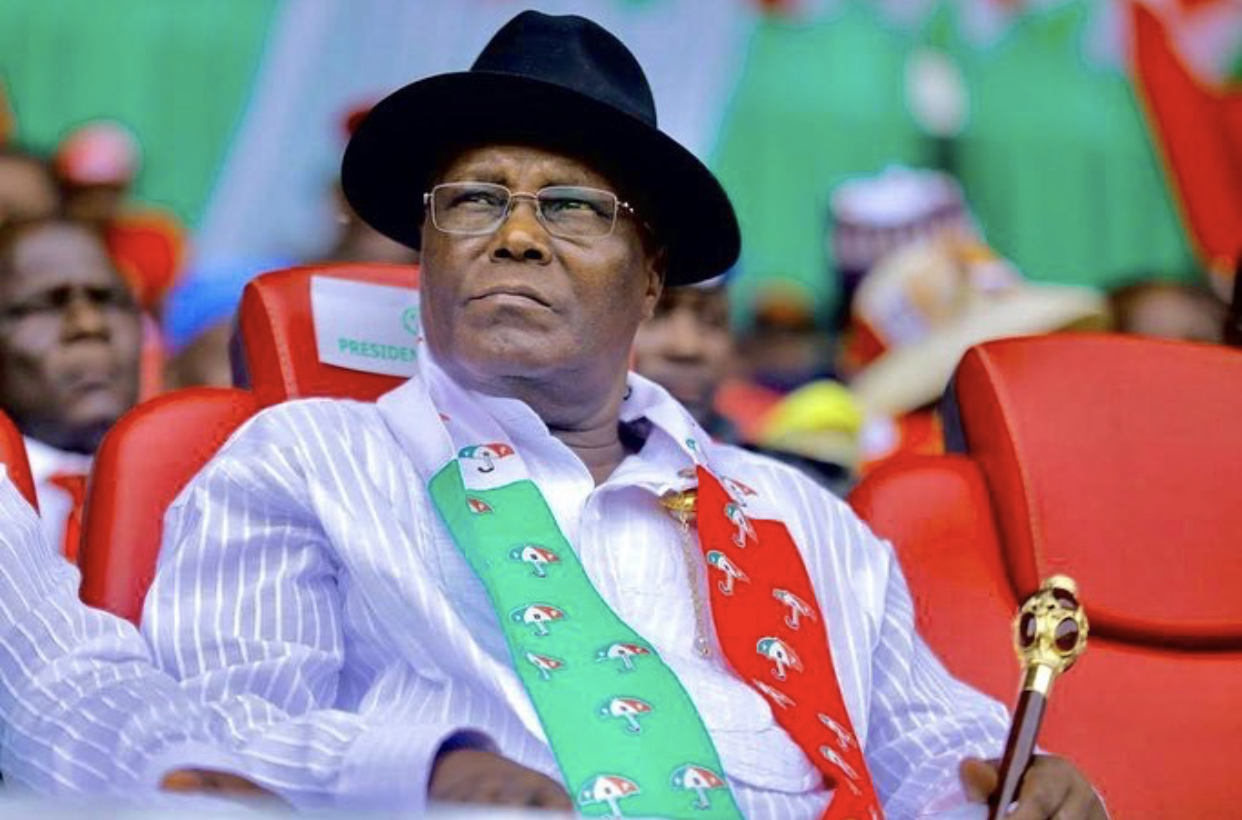Written by Inusa Zarafi
This will send out a loud and unequivocal message to the world that Africa is developing. To Africa, it’s just another medal in her shelf.
The intensity in the air in Nigeria has once again come to its four-year cycle peak when general elections are held, and a government is elected to serve. With more than four hundred different indigenous ethnic groups, Nigeria can be considered to be a model product of colonialism; some people described the country as a political entrapment and expression of imperial power and believed it would not stand the test of time. After gaining independence from England in 1960, this super populated and culturally diverse West African country has rocked a rollercoaster of political events or drama if you may. The military snatching power from the first civilian government followed by civil war were the first step in the direction of what was to be an ”eternal” scuffle for control among the Nigerian ruling class; a group that makes up less than twenty per cent of the total Nigerian population. They are mostly known for selfishness, greed, brazen dishonesty, corruption, exorbitance, and an undying thirst for power, just as in the case of many African nations wallowing in underdevelopment because of their often dictatorship natured governments. Thankfully, history has shown democracy to be a viable path to success for countries in this kind of despair, but could it work for Nigeria or Africa? Judging from the circumstances and realities, what were the odds, what did the events at that time suggest? To be frank, this experiment would look like a huge gamble by any reasonable person.

Nigeria hailed to be the heartbeat of Africa has always been a pacesetter for other African countries, especially in the western flank of the continent. From independence and even more particularly at the dawn and peak of its oil boom in the early 1970s, the country made great strides in infrastructural and social development to the envy of some other African people. An ever exploding population increased prospects and made Nigeria the choice destination for European and American investors who brought with them a modern and more globally accepted culture to the Nigerian society. These cultures appealed to Nigerians, so they adopted and integrated them with their indigenous ways thus evolving what is today a vibrant and dynamic culture. This new hybrid afro culture became the ideal; a model and goal for other Africans. The ripple effect of all these placed Nigeria way ahead of most of black Africa, in many endeavours hence earning Nigeria its status as the giant of Africa. Sadly, this superior status was not long lived as the fruits of mediocrity and corruption began to mock Nigeria as the years went by while population multiplied. Things degenerated in Nigeria during the military rule so much that all Nigerians could do was to hope and pray for the return of democratic rule. Their prayers were answered shortly before the new millennium when the dictator Head of State, General Sani Abacha died, and a new democratic government was elected and sworn smoothly sworn in, in 1999.

The coming into power of a democratic government was a great thing; it meant hope to Nigerians and other self-oppressing African nations. Alas, the giant of Africa was getting back on its feet and again setting the pace for others, but this time, it was making greater strides on the political front than in other areas. It was on a journey to become a truly democratic state where no one person has a monopoly of power. General Olusegun Obasanjo Rtd won the 1999 elections under the Peoples Democratic Party which is a super party where many heavyweight politicians belonged. At that time, the Nigerian electoral process was in a sort of elementary state, and as a result, elections were full of loopholes and illegalities accompanied by widespread violence often on religious lines; a trend connate to African democracies. This flaw of the electoral process allowed the PDP to become a ”supreme” party so to speak. Every PDP candidate was almost certain to win an election by ”hook or crook”, the opposition parties like the All Nigeria Peoples Party (ANPP), Action Congress (AC) and many others were less powerful; they were often overwhelmed by the PDP wielding the power of incumbency. This was the case for three elections to come until the 2015 elections when a new super party emerged after 16years of relentless efforts to oust the PDP. This new party, All Progressive Congress (APC) was the product of a merger of the strongest opposition groups, AC and CPC.

After serving the maximum tenure allowed by the Nigerian constitution, moves to push for a third term for President Olusegun Obasanjo surfaced. This meant either an amendment of the constitution or outright disregard for the law. This was no surprise to the world since it was a common among African leaders like Robert Mugabe of Zimbabwe and Gadaffi of Lybia to mention a few. However, Nigerians once again sent a strong message of hope for democracy in Africa by resisting a third term and thus ensuring nobody had all the power in this culturally diverse country. This it did with little international support, even though it was easier to relinquish power since Obasanjo’s successor, late Umaru Musa Yar’adua was also a member of the ruling PDP. Nigerians cherished how far the democracy which they so dearly nursed had come, and they were not ready to let anyone ruin it.

The following years saw countless bursts of violence (often faith-related) court cases and political drama, these were the events that formed the democracy and politics in Nigeria today, but the most historic happening was to come in the 2015 elections when Incumbent president, Dr Goodluck Jonathan gracefully conceded defeat to the current president, Gen. Muhamadu Buhari of the newly formed APC. This was uncommon among African leaders; it was historic and was well applauded by the international community. This landmark was further magnified by the shadows of the conflict in Ivory Coast which started as a result of an incumbent president’s refusal to step down after losing an election to his opposition. Indeed the outcome of the 2015 general elections put Nigeria on the pedestal as one of the few real democracies in Africa. By adding to the list of successful democracies, it was more evidence that functional and beneficial democracy is attainable in Africa. Indeed the colonialist’s experiments could succeed against all the odds.

It is election year again, and the scuffle is stiff, all positions have been keenly contested for by the two major political parties (i.e. PDP and APC) it is probably the most steeply contested election. The eyes of the world are on Nigeria and more importantly, are the eyes of other African country looking up to Nigerian democracy which stands as a beacon of hope to them and democracy in Africa. The outcome which many hope should be in favour of the opposition would be a very significant milestone in Nigeria’s journey towards democratic nationhood. It means hope for all other growing African nations.
The outcomes of the 2019 election also have significant economic implications in Africa. Apart from having a vast number of trans-Africa business men, Nigeria being a big consumer holds some percentage of African markets; thus a stall of activities in Nigeria directly or indirectly affects trade across Africa.

However, most important in favour of democracy is if the incumbent loses and honourably concedes defeat. This will send out a loud and unequivocal message to the world that Africa is developing. To Africa, it’s just another medal in her shelf.
You can read related article on how the 2019 elections will shape Nigeria’s political ideology. Click here
Don’t forget to sign up and be the first to know about our lates posts

